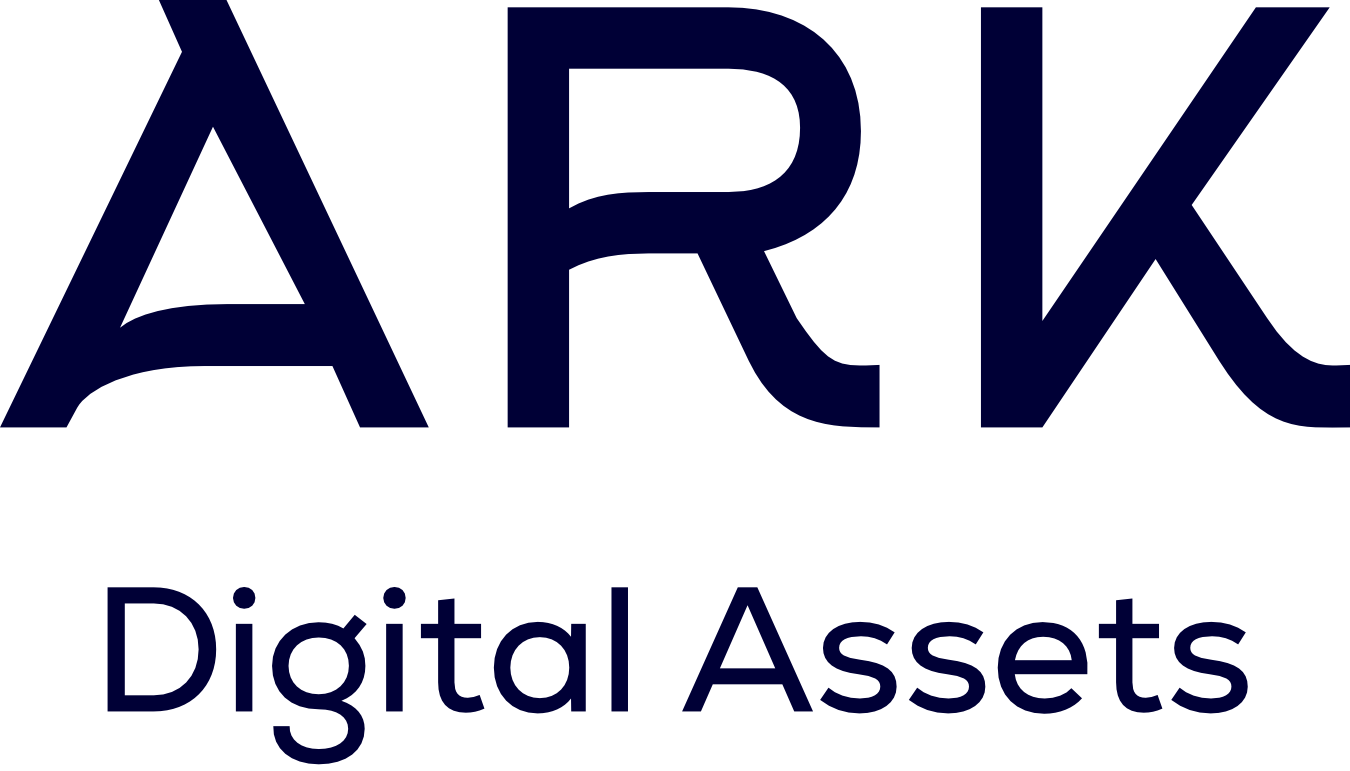Bitcoin mining is a process that involves verifying transactions on the Bitcoin network and adding them to the blockchain. This process is essential to the functioning of Bitcoin as a decentralized currency, as it ensures that transactions are secure and trustworthy.
Bitcoin's consensus mechanism is called Proof of Work (PoW), meaning it requires miners to solve complex mathematical problems in order to add new blocks to the blockchain. These mathematical problems require significant computational power, and the first miner to solve them is rewarded with newly minted bitcoins.
Currently, the reward for adding a new block to the Bitcoin blockchain is 6.25 bitcoins, but this reward is halved every 210,000 blocks. The last halving occurred in May 2020, and the next halving is expected to occur in 2024. This system means that the total number of bitcoins that can ever be mined is capped at 21 million, and the rate of new Bitcoin creation is continually falling over time. This reduction in supply places an upward pressure on bitcoin price, which is a good thing for long term investors.
Investing in Bitcoin mining involves purchasing the necessary dedicated hardware and software. Additionally, the profitability of Bitcoin mining on an ongoing basis is very dependent upon energy costs. Given the sustained levels of high inflation affecting fuel costs, mining has become unprofitable in many geographical locations. This means it is often unsuitable for individual investors to make direct mining investments unless they have a very large investment principal, significant experience and access to cheap energy sources.
Alternatively, investors can choose to invest in mining companies or pools. In this case, investors purchase shares in a mining company or pool and receive a portion of the rewards earned by the pool or company. This can be a less risky way to invest in Bitcoin mining, as it does not require the purchase of expensive hardware and the associated costs of electricity and cooling.
In conclusion, Bitcoin mining is the process of adding new transactions to the Bitcoin blockchain through the use of computational power to solve complex mathematical problems. This consensus mechanism (known as proof of work) ensures the security and trustworthiness of the network. While investing in bitcoin mining can often be unprofitable for individuals, it can represent a very attractive investment for institutional investors or those participating through pooled investments. Bitcoin mining can also be used to generate a more consistent revenue stream, more akin to renting a house or holding a dividend stock, than when investing in bitcoin directly.
If you would like to know more about this topic or would like help or advice with regards to your digital asset investments, please contact us below:

